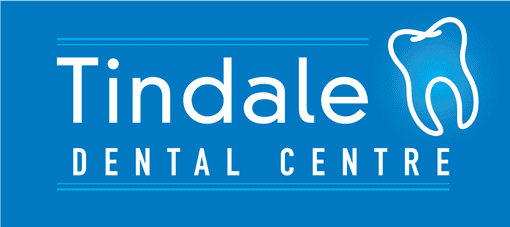
The development and growth of teeth really begins in the mother’s womb. Your child’s baby teeth usually start to develop on the fifth gestation week as their primary teeth begin budding in their jaws. The strength and growth of milk teeth depends on the health and diet of the mother during this period.
The milk teeth typically erupt when the baby is between six to ten months. The front baby teeth are usually the first to arrive, followed by those on either side, then finally the molars. By the time your child reaches three years of age, you can already expect the appearance of up to 20 milk teeth.
The importance of instilling proper oral hygiene habits in your young ones cannot be over emphasised. In fact, a lifetime of good oral care begins even before they have teeth! Here are some practical oral hygiene tips to care for your child’s milk teeth:
Before they come in
One of the best ways to acquaint your baby to the sensation of teeth cleaning is to gently massage their gums, either with a special toothbrush for infants or finger cover. You will need to clean the brush off after each use. The gum massaging helps your baby get used to having a strange object in the mouth. Most babies adapt quickly to the cleaning sensation and grow to enjoy it – which is the goal of this activity, that is, reinforcing the positive feelings they get from practicing proper oral hygiene habits.
As they are coming in
Your child’s teeth will start to come in at around six months of age. While some kids sprout teeth without any pain or discomfort, others will have a more difficult teething process. The most common signs of common teething include drooling, coughing, biting and gnawing. It is also not uncommon to find children rub their cheeks or pull their ears when they feel discomfort in their teeth.
In more acute cases, some kids may develop low-grade fever, runny nose and even diarrhoea. For infants that exhibit the latter symptom, it helps to increase the child’s intake of fluids accordingly to prevent dehydration. Bring your child to see a doctor in order to rule out any other possible cause. Parents must be patient with their little ones during this period, especially when the uncomfortable eruption of teeth begin to disrupt established routines.
To help your child cope with the teething process, try using teething rings – preferably cooled in a fridge – to soothe their emerging pearlies. A more organic alternative is to get them to gently bite on cold vegetables.
When they come in fully
Whether the tooth is emerging or fully showing, you can use a wet washcloth, specially designed brush, or finger cover to clean the teeth. Do not use any toothpaste or gel at this juncture. The goal of the daily cleaning is to remove any food debris from their teeth and mouth each morning and before bedtime. Continue this process until your child is ready for regular brushing.
This is the best time to schedule their first appointment with your dentist. This visit is important to make sure there are no underlying gum issues or problems with their new teeth. It is also a good opportunity to familiarise the child with a dentist’s clinic and as a formal start to their total oral care maintenance program.
At Tindale Dental Centre, we offer a range of preventative care services. If you’re interested in jumpstarting an effective oral care maintenance program, please contact us on(02) 4722 6115.
